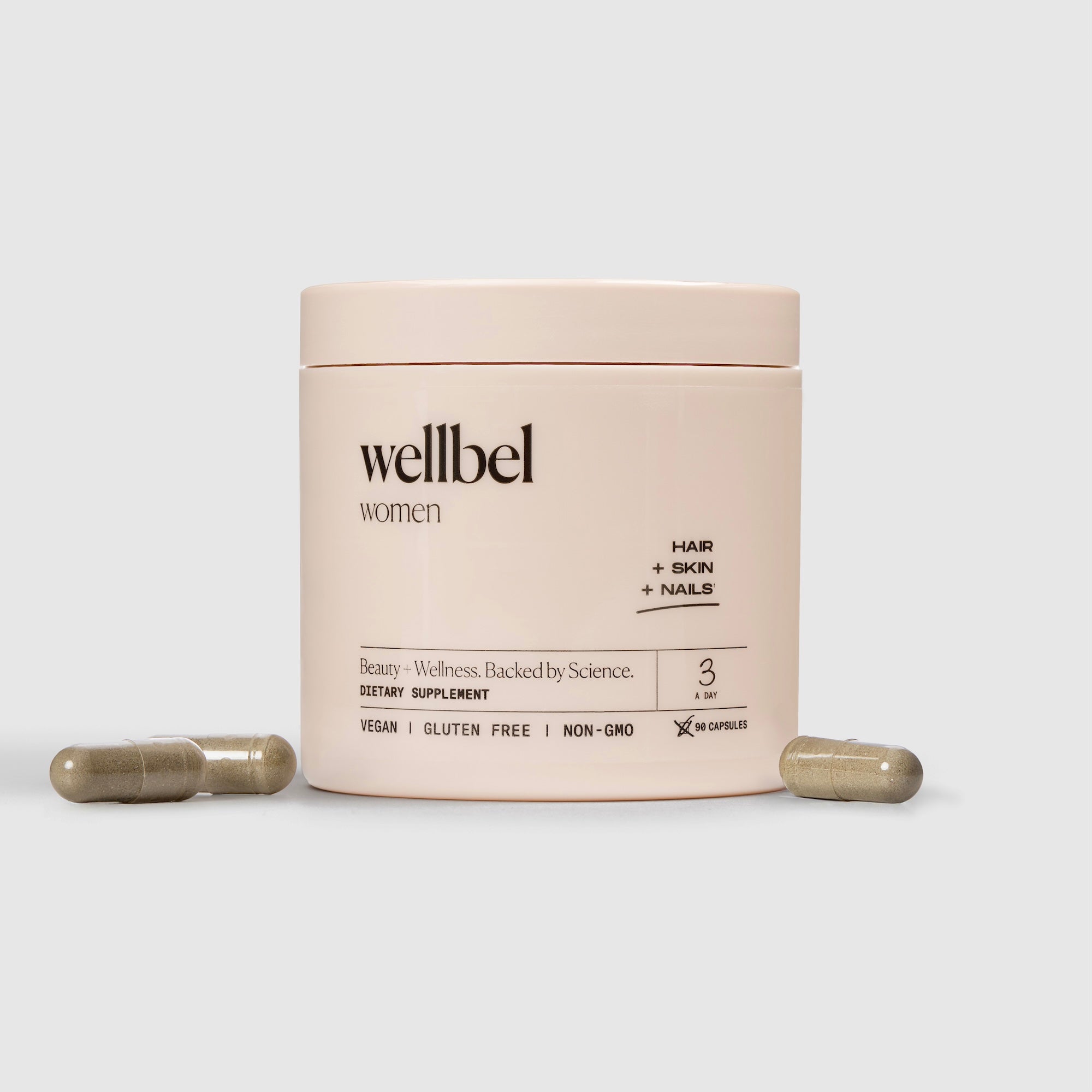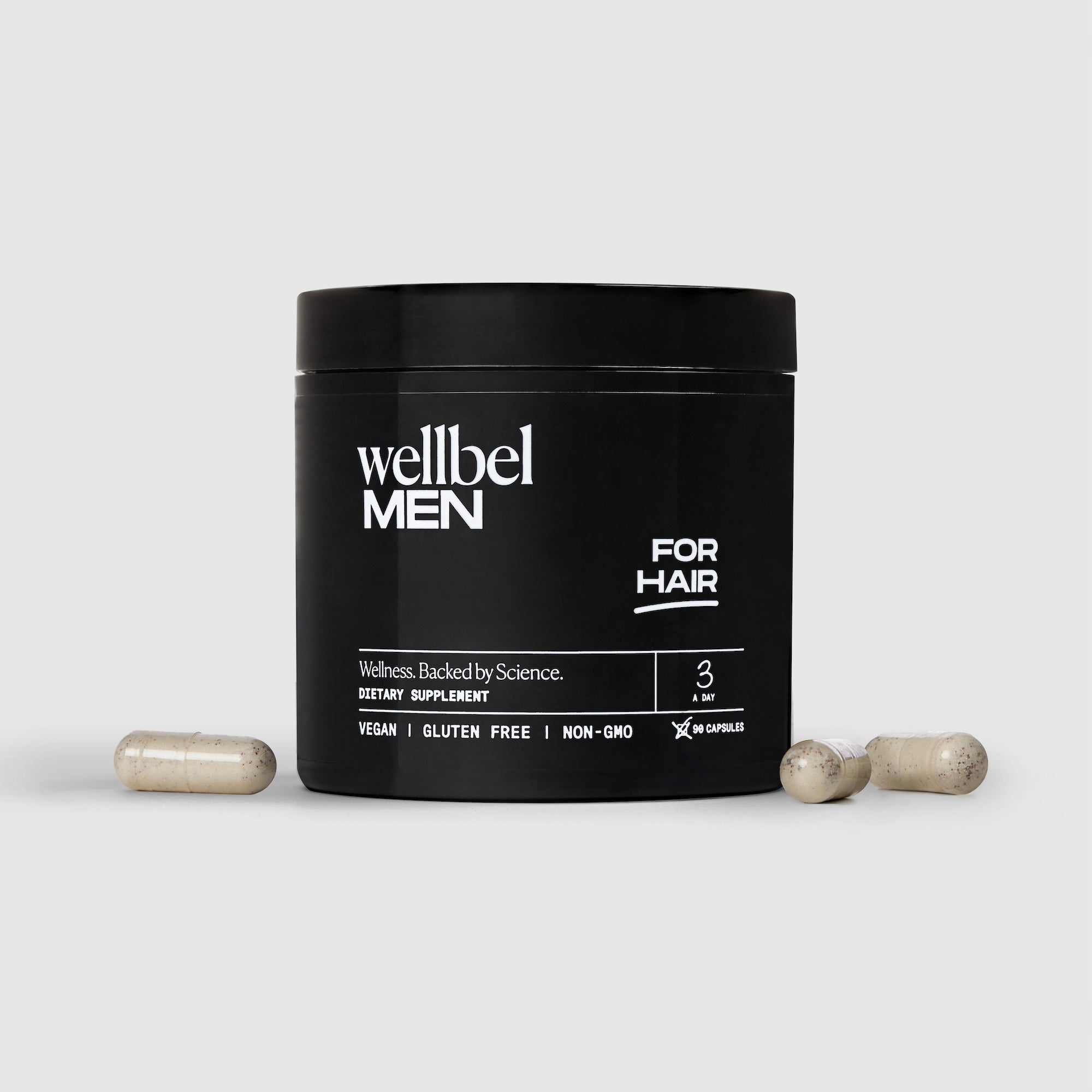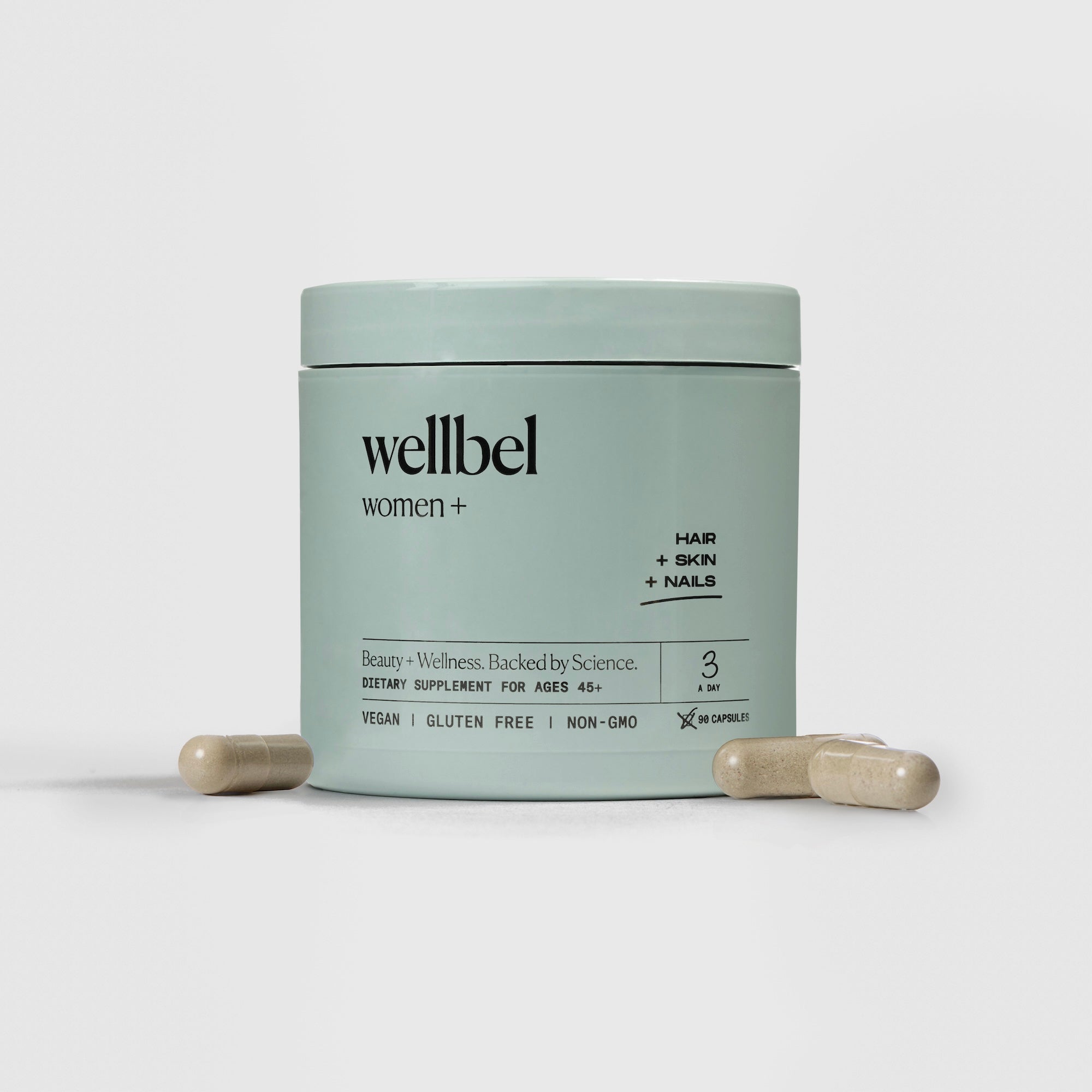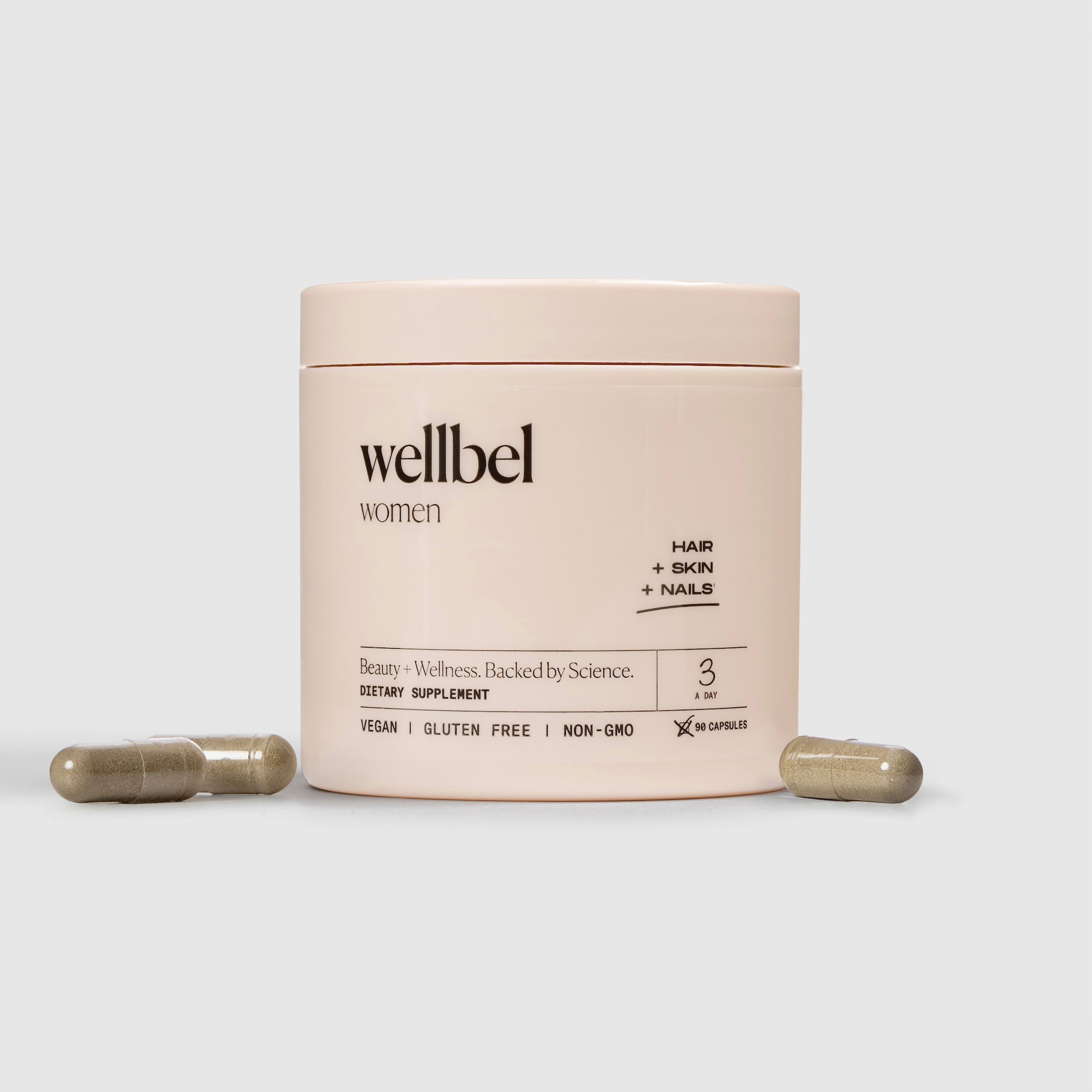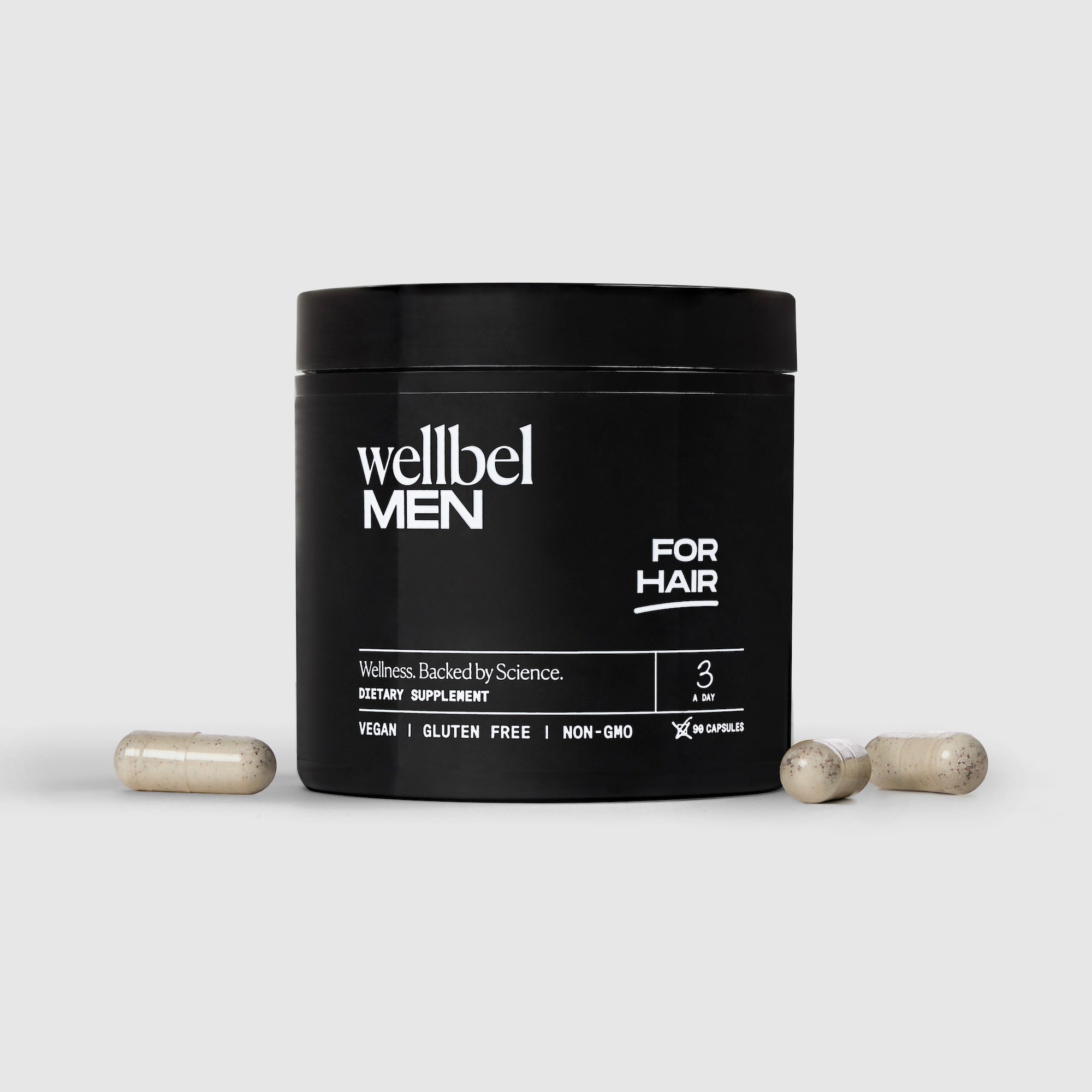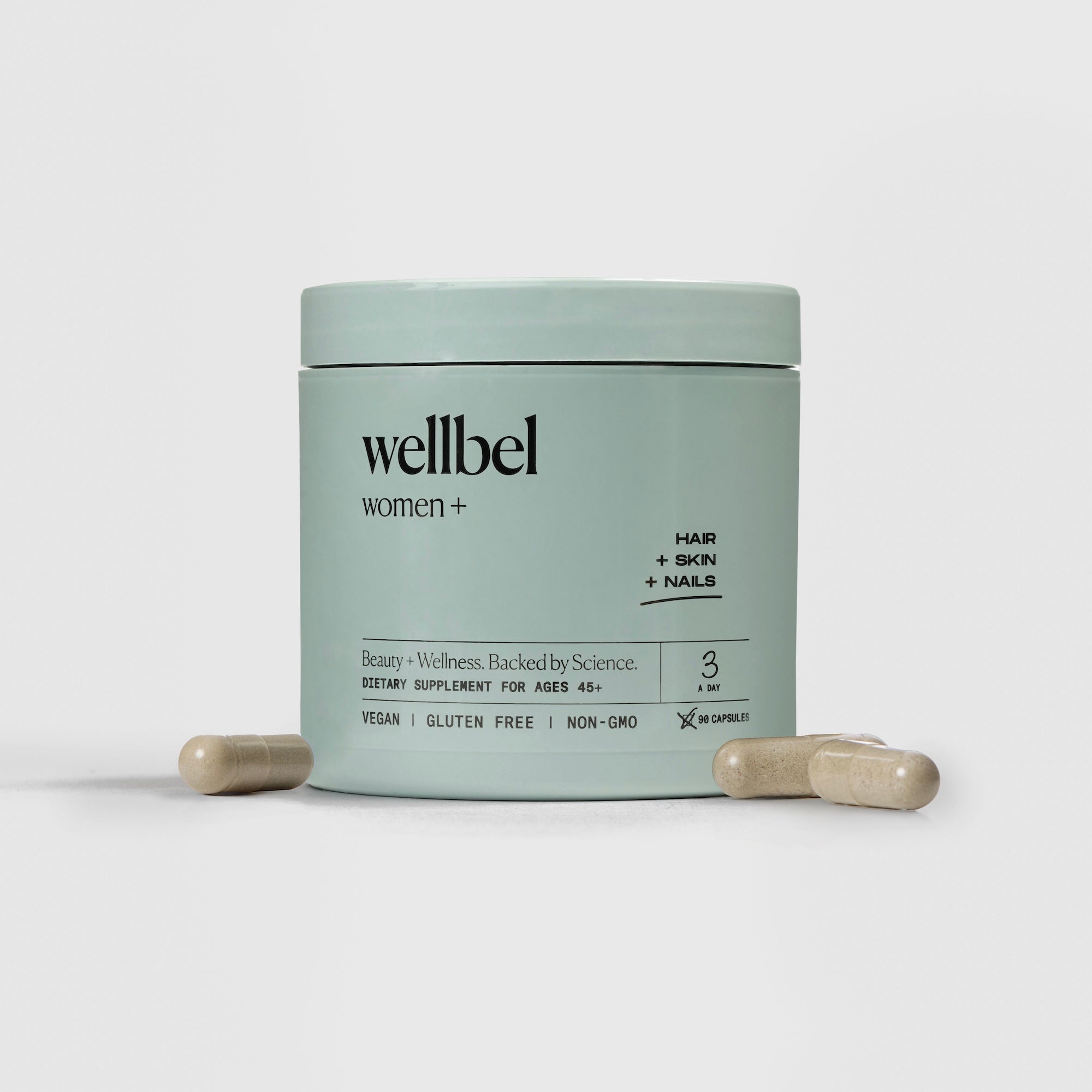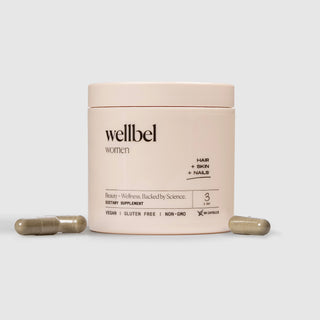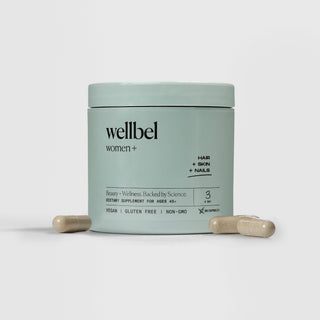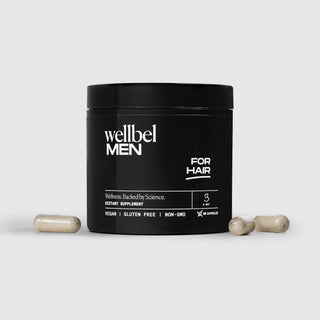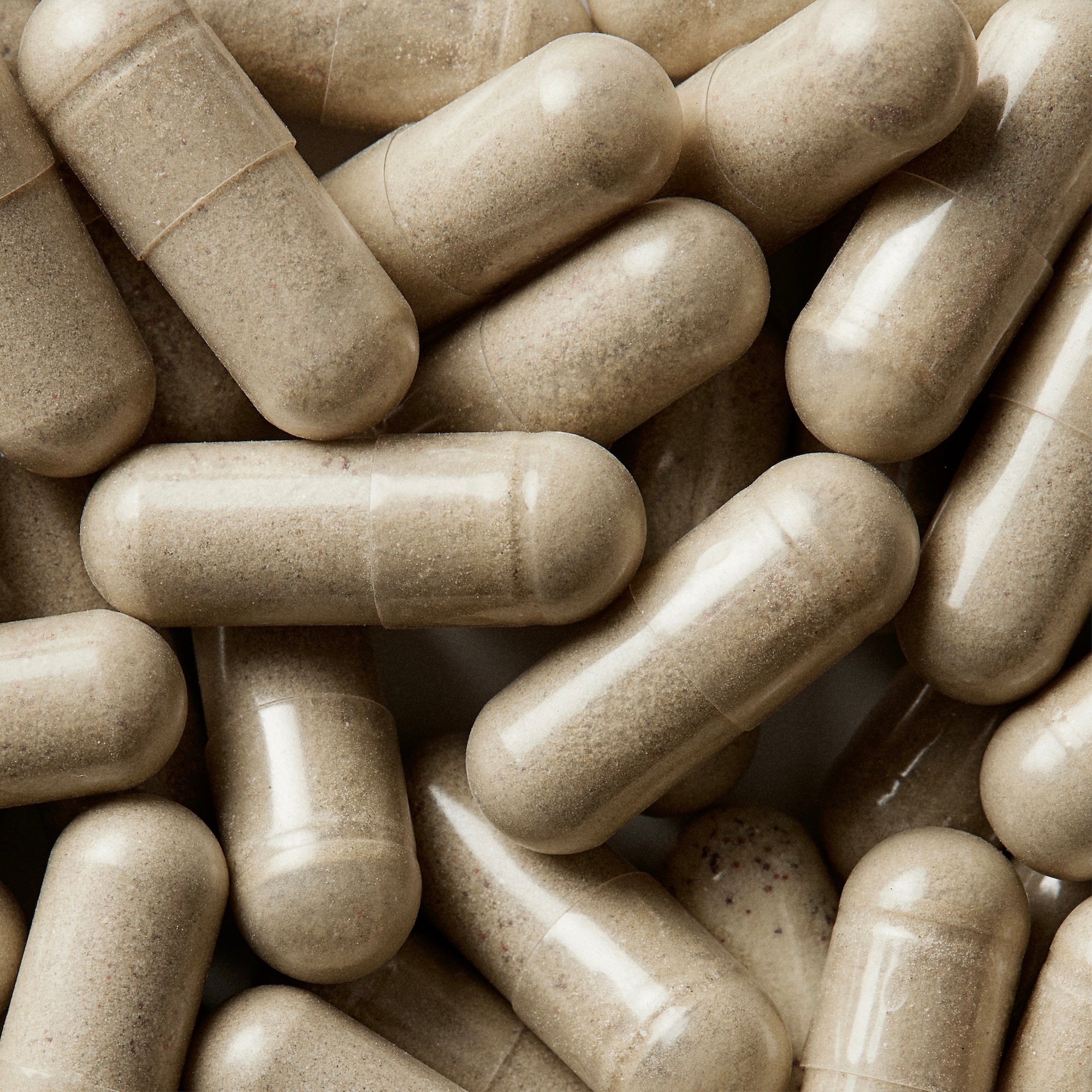Navigating Menopause: Hormonal Imbalance, Libido, and Well-Being
Menopause is a natural phase in every woman’s life, marking the end of her reproductive years. Despite being a universal experience, it’s often shrouded in stigma, misinformation, and silence. This lack of open discussion leaves many women feeling unprepared to handle the physical and emotional shifts that accompany it. But things are changing! More and more women are discussing their experiences with perimenopause and menopause online, hoping to empower and educate younger women about this lifestage.
In preparing for menopause both physically and emotionally, education is key. Menopause doesn’t have to be synonymous with discomfort or loss. By understanding the changes happening in your body and exploring supportive treatments, you can navigate this journey with confidence.
Understanding Menopause
Menopause typically occurs between the ages of 45 and 55, though it can start earlier or later. It’s officially marked when a woman has gone 12 consecutive months without a menstrual period. Leading up to menopause is the perimenopausal phase, which can begin as early as your mid-30s. During this time, hormone levels—primarily estrogen and progesterone—begin to fluctuate and eventually decline.
These hormonal shifts can have widespread effects:
- Physical Symptoms: Hot flashes, night sweats, weight gain, sleep disturbances, and vaginal dryness are some of the most common.
- Emotional and Cognitive Changes: Mood swings, anxiety, depression, brain fog, and memory lapses.
- Impact on Libido: Fluctuating hormones can decrease sexual desire and cause discomfort during intimacy due to changes in vaginal lubrication and elasticity.
The symptoms we’ve listed above are among the most common, but there are 34 medically-recognized symptoms of menopause! If you’re experiencing any symptoms that are causing distress and discomfort, don’t hesitate to connect with a healthcare provider, like the menopause specialists at Wisp! While these changes are natural, they can significantly disrupt daily life and relationships. Recognizing these symptoms and their root causes is the first step in getting proper treatment.
The Impact of Hormones on Well-Being and Libido
Estrogen and progesterone are often associated with reproduction, but their influence extends far beyond fertility. These hormones affect virtually every system in the body, including the brain, skin, heart, and bones.
- Estrogen: Plays a key role in regulating mood by influencing serotonin, a brain chemical linked to happiness. Its decline can result in irritability, anxiety, and even depression. Additionally, low estrogen levels can lead to physical changes referred to as the genitourinary syndrome of menopause (GSM), or vaginal atrophy, which can make intimacy uncomfortable.
- Progesterone: Known as the “relaxing hormone,” progesterone supports restful sleep and counters anxiety. Its decline can contribute to insomnia and heightened stress levels.
- Testosterone: Often overlooked in women, testosterone is critical for libido and energy levels. A decline in testosterone can reduce sexual desire and physical stamina.
These hormonal shifts don’t just affect how you feel—they can alter how you see yourself. Many women report a loss of confidence or femininity, compounding the emotional strain.
Strategies for Managing Menopausal Changes
Fortunately, there are numerous ways to manage hormonal imbalances and their effects. These strategies can help you regain control of your well-being and rediscover a sense of vitality.
Embrace Hormonal Support
Hormone Replacement Therapy (HRT) is one of the most effective options for managing menopausal symptoms. By replenishing declining hormone levels with bioidentical or synthetic hormones, HRT can alleviate hot flashes, improve sleep, boost libido, and support bone and heart health. Telehealth options like Wisp make it easy to get safe and effective hormone replacement by connecting you with a provider online!
Types of HRT include:
- Estrogen Replacement Therapy: This can look like a topical patch applied to your skin twice a week, or as directed by your provider, or an oral medication that’s taken daily.
- Progesterone Replacement Therapy: If you have an intact uterus (meaning you haven’t had a hysterectomy), progesterone is typically used in addition to estrogen replacement therapy to help protect your uterine health.
Always consult with a healthcare provider to determine if HRT is the right fit for your needs.
Prioritize Physical Activity
Regular exercise may counter many menopausal symptoms by:
- Boosting mood through endorphins.
- Supporting heart and bone health.
- Enhancing libido by improving circulation and reducing stress.
Incorporate a mix of strength training, cardio, and flexibility exercises like yoga or Pilates to maximize benefits. In one study, women with high and moderate physical activity levels reported less severe menopausal symptoms compared to inactive women.
Address Vaginal and Sexual Health
For women experiencing vaginal dryness, daily discomfort, or painful sex, there’s no need to suffer in silence!
- Vaginal moisturizers and lubricants: Provide immediate relief for dryness.
- Low-dose vaginal estrogen: Applied directly, this treatment restores elasticity and moisture to vaginal tissues.
Open communication with your partner about these changes can also foster intimacy and understanding.
Reclaiming Your Libido
Menopause does not mean the end of a fulfilling sex life. By addressing hormonal imbalances, improving physical health, and nurturing emotional well-being, many women find their libido returns—or even improves.
Consider these additional strategies:
- Mindset shifts: Let go of societal expectations and embrace this stage as a time for self-discovery and empowerment.
- Sensual exploration: Experiment with new ways to connect with your body and your partner.
- “Scream cream:” Aptly named, scream creams often use the same active ingredient as Viagra to stimulate blood flow to the clitoris and enhance sensation, making orgasm easier and more pleasurable.
- Herbal supplements: If you opt for a more natural route, choose a libido boosting supplement that’s clinically formulated, like Wisp Lift for Her. This daily pill includes Tribulus to help optimize the hormonal balance in women for a higher sex drive. In one study, 67% of women with very low libidos reported increased sexual desire after taking Tribulus supplements for 90 days.
Menopause is a transition, not an ending. With the right tools and mindset, you can move through this phase with grace and confidence. By understanding your body’s needs and exploring treatments—from HRT to holistic approaches—you can reclaim your sense of well-being and get back to feeling like you.

